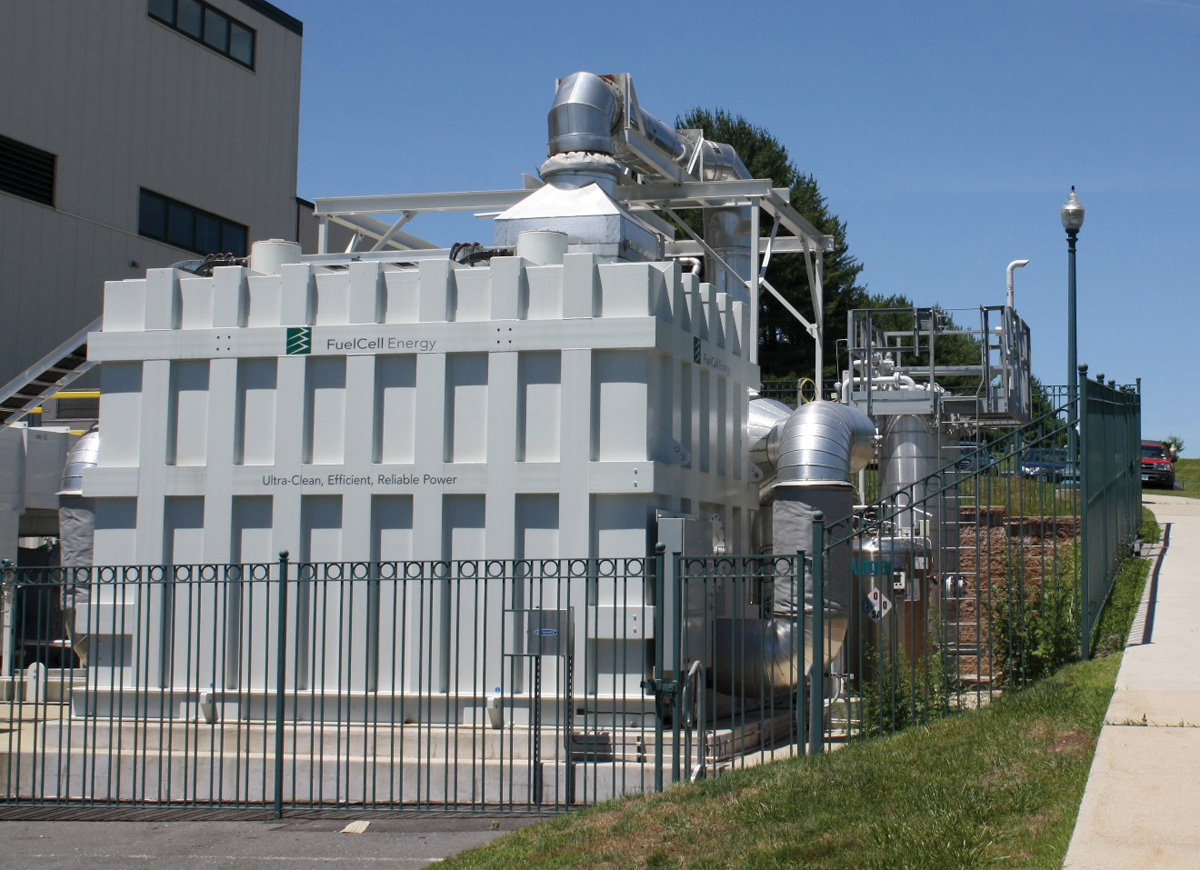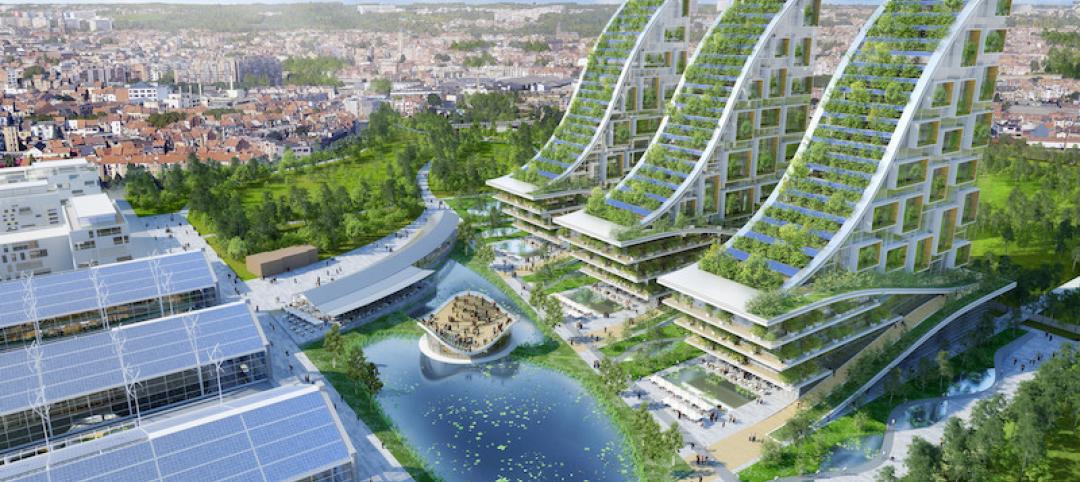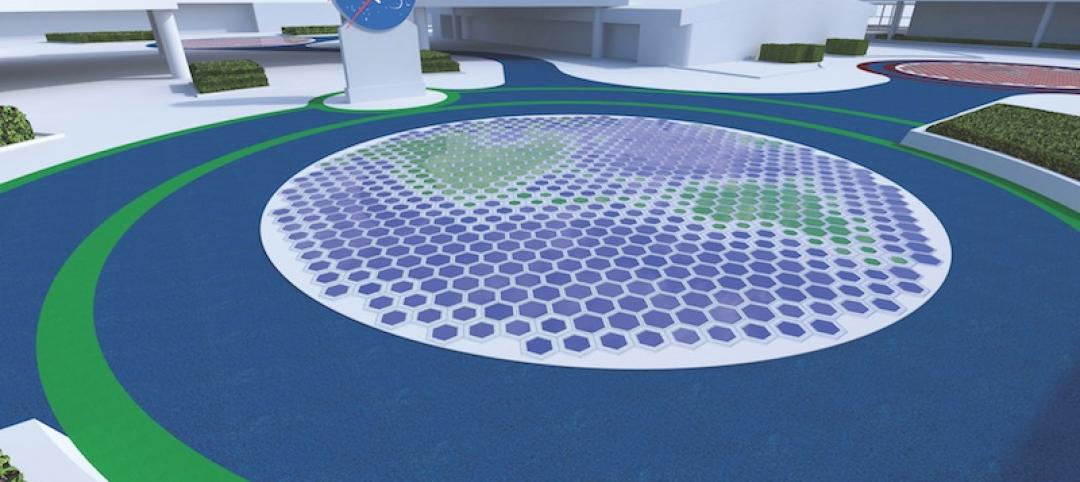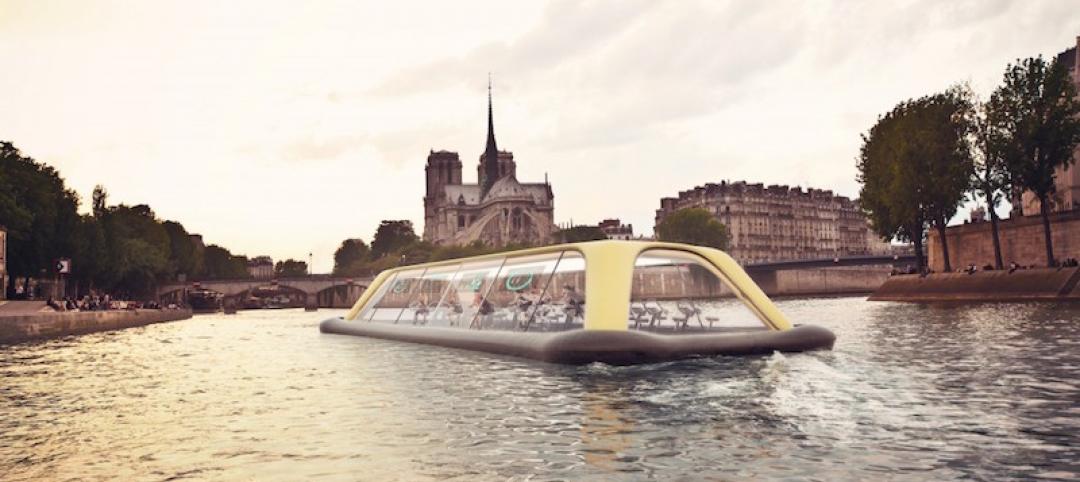Fuel cells have emerged as a small but potentially significant piece of the world’s energy puzzle. The U.S. Department of Energy estimated worldwide fuel cell system sales in 2013 at $1.3 billion, the first time the billion-dollar mark had been topped. Stationary power systems with an aggregate capacity of 150 MW were shipped in 2013, a 24% increase over the previous year.
Selling fuel cell power generation remains a tough business. One leading provider-installer-operator, FuelCell Energy Inc. (www.fuelcellenergy.com), stated in its 2014 annual report that its two biggest challenges to growth are reducing the total cost of fuel cells and getting major energy consumers to see the value that fuel-cell technology offers. The company reported net losses in each of its last five fiscal years.
FuelCell Energy is no Johnny-come-lately to this technology. Founded in 1969, the company has installed more than 100 plants operating at more than 50 sites in nine countries. A year ago, it entered into an agreement to install a 1.4-MW fuel cell plant that will provide about 30% of the power needs for the University of California Irvine Medical Center. Because that power will be generated without combustion, its exhaust will be virtually pollution free.
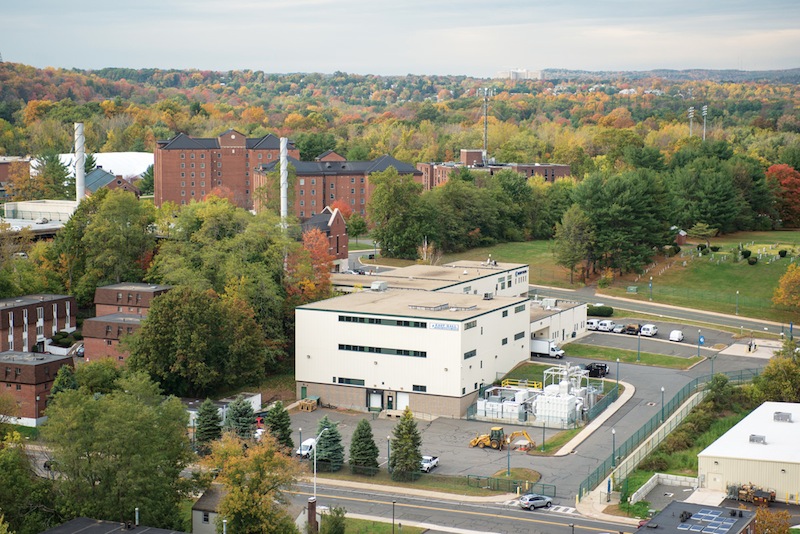 The fuel cell contributes to the site’s energy security, resiliency, and sustainability. Photo courtesy FuelCell Energy
The fuel cell contributes to the site’s energy security, resiliency, and sustainability. Photo courtesy FuelCell Energy
Last November, Microsoft dedicated its $7.6 million zero-carbon data center in Cheyenne, Wyo. The facility draws power from a stationary fuel cell plant that converts biogas from a nearby municipal wastewater treatment facility into electricity. Microsoft, FuelCell Energy, and Siemens engineered and installed the power monitoring equipment for the data center.
Eighteen months ago, FuelCell Energy installed one of its 1.4-MW DFC1500 fuel cell power plants at Central Connecticut State University, in New Britain. The plant’s owner, Greenwood Energy, sells electricity and heat to CCSU under a long-term power purchase agreement. This is Greenwood’s first energy project with FuelCell Energy.
The plant integrates directly into the college’s existing energy infrastructure in a combined heat and power configuration. Rob Gagne, CCSU’s Plant Facilities Manager, says that the heat from the fuel cell plant produces 1,600–2,000 pounds of steam per hour. The steam is circulated across the 165-acre campus through a tunnel network and is used for heating and absorption cooling.
The plant provides about one-third of the 3,500–4,000 kw the university’s 40 buildings consume and cuts its annual electric power costs by $100,000.
Related Stories
Green | Feb 10, 2017
Radical proposal would transform Chicago’s Lake Shore Drive and create new lakefront park space
Over 70 new acres of public space would be created between Ohio Street and North Avenue.
Green | Feb 6, 2017
A to Z: Seoul’s elevated park features 24,000 alphabetized plants
The plants will represent 250 species found in South Korea.
Green | Feb 3, 2017
Nanjing Green Towers will be Asia’s first vertical forest
The project will be covered in 1,100 trees and 2,500 cascading plants and shrubs.
Sustainability | Jan 27, 2017
An office building proposed for Norway would generate more power than it uses
Over it’s 60-year lifespan, the power generated form the project would cover the energy cost of construction, production, and material transportation.
Sustainability | Jan 24, 2017
From an industrial park to an eco-neighborhood in Brussels, Belgium
At the heart of Vincent Callebaut Architectures’ eco-neighborhood will be three 100-meter-tall Vertical Forests.
Sustainability | Jan 19, 2017
How NYC is slashing 80% of greenhouse gas emissions by 2050
To help one of the most complex cities in the world develop an actionable strategy to meet visionary GHG reduction goals, we focused on strategies for deep carbon reductions for the city’s entire building stock, which constitutes 73% of citywide emissions, writes HDR's Jennifer Bienemann.
Game Changers | Jan 18, 2017
Turning friction into power
Research on piezoelectricity moves closer to practical applications for infrastructure and buildings.
Green | Jan 17, 2017
Everything you need to know to sound brilliant when talking about biophilia
We need nature in our everyday lives – which is why it’s so important to bring nature into the built environment.
Green | Dec 22, 2016
New tool makes it easier to share building energy efficiency information
The tool standardizes data collection from efficiency projects.
Sustainability | Dec 14, 2016
A floating, mobile gym powered by human energy envisioned for the Seine River
Energy created by those exercising within would power the gym down the Seine.


